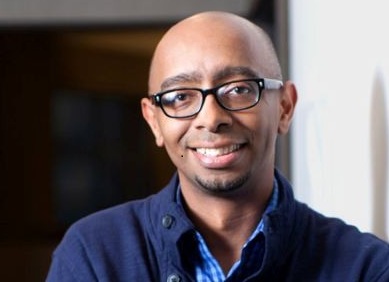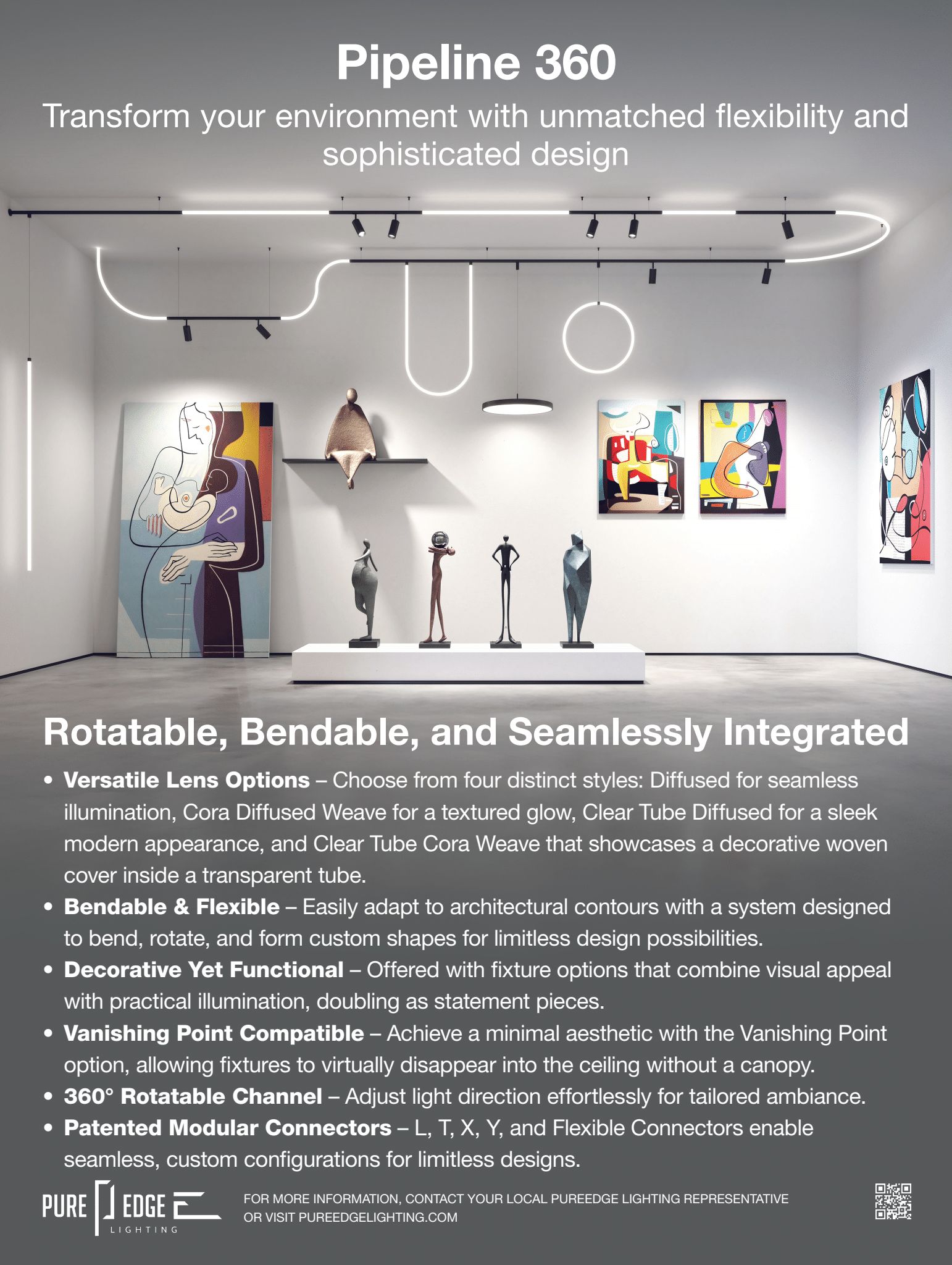
5 minute read
Mentoring In Lighting
BY: RANDY REID
A Look at the IESNYC’s New Program
The lighting industry thrives on innovation, collaboration, and connection. In September 2024, the Illuminating Engineering Society of New York City (IESNYC) launched a groundbreaking mentorship program to bridge the gap between seasoned professionals and emerging talent. Spearheaded by Jean Jacques, Executive Vice President of SDA Lighting & Controls and chair of the IESNYC Mentorship Committee, the program exemplifies the power of mentorship in fostering growth and shaping the future of the lighting industry.
The Vision Behind the Program
For Jean, mentorship is personal. Reflecting on his career, he recalled the invaluable guidance he received from mentors, even if they weren’t formally labeled as such. These relationships left an indelible mark, inspiring him to create a structured program that would provide similar opportunities for others.
Jean has been fortunate to have several influential mentors who guided him at pivotal moments, including Domingo Gonzalez, principal of DGA Architectural Lighting Design. Domingo offered invaluable insights and perspective, further enriching Jean's understanding of the industry.
“Mentorship is about accessibility and creating connections,” Jean explained. “It’s not about shortcuts but rather fostering guidance and mutual respect. This program brings people together to share knowledge, tackle challenges, and grow on both sides of the relationship.”

The Mentorship Framework
The pilot program paired 22 participants (11 mentors and 11 mentees) for a six-month journey of collaboration and learning. To ensure meaningful connections, participants completed detailed questionnaires, which informed the initial pairings. An in-person meet-and-greet event allowed mentees to identify potential mentors they resonated with, further refining the matches.
Jean added that there is an additional remote 12th pair (as a test case) with Jeff Hoenig from the DC chapter working remotely with a mentee in Chicago.
The program emphasizes regular engagement, including monthly meetings—preferably in-person. To ensure consistent progress, mentors were provided with a syllabus of topics to guide discussions, covering everything from industry challenges to career aspirations. Some pairs followed the syllabus closely, while others allowed their conversations to evolve organically based on their unique dynamics.
A Case in Point: Elaine Cook and Quincy Drane
Elaine Cook, a seasoned lighting professional with 15 years of experience, began her journey in the industry at the tender age of 16. As part of the IESNYC Mentoring Program, she is paired with Quincy Drane, a lighting designer at Hartranft Lighting Design. Their mentorship involves regular meetings, typically in person but occasionally virtual, to foster cross-disciplinary learning.
Quincy, with three years of experience in the lighting industry, graduated from Parsons in the Spring of 2024. He actively sought a mentor outside his typical design-focused environment. He expressed a strong desire to understand the roles and perspectives of other key players, particularly those in sales. By engaging with Elaine, he aims to gain a more comprehensive view of the industry and its interconnectedness, ultimately enhancing his own design practice and professional development.
Quincy gains valuable knowledge about the sales cycle and the broader industry dynamics, while Elaine deepens her understanding of design considerations and challenges. This cross-pollination of knowledge strengthens both individuals and enhances their professional growth.

Building Community
A core tenet of the program is fostering a sense of community—not just between individual pairs but across the cohort. “The goal is to create a network of support, learning, and camaraderie,” Jean noted. “We want participants to feel connected, not just to their mentors or mentees but to the entire group.”
The mentorship committee is composed of dedicated individuals, including Board Liaisons Nathalie Faubert and Brigid Hardiman, as well as Committee Members Francesca Bastianini and Ryan Raica-Scallan
Challenges and Successes
Like any new initiative, the program has faced challenges. Balancing involvement from the committee while allowing mentor-mentee relationships to evolve naturally has been a learning process. However, the enthusiasm from both mentors and mentees has been overwhelming.
Jean shared a surprising aspect of the program: “The level of commitment and excitement from the mentors has been incredible. These are busy professionals, yet they’ve volunteered their time wholeheartedly. It speaks volumes about the generosity and dedication within our industry.”
Not all applicants could be accommodated in the pilot program due to logistical constraints. Jean explained, “We had to limit participation to ensure manageable group sizes and prioritize local participants who could meet in person. However, we’re optimistic about expanding the program in future cycles.”
High Reward, Low Cost
The program’s success lies in its high reward-to-cost ratio. Beyond the time commitment of mentors, mentees, and committee members, the financial investment was minimal. The program included a kickoff event, monthly stipends for mentor-mentee meetings, and plans for a closing event. Jean described it as a “high-reward, low-buy-in” initiative that has garnered significant positive feedback.
The Road Ahead
As the inaugural cycle nears completion in March 2025, the committee is already considering improvements for future iterations. Extending the program's duration from six to eight months, incorporating mid-term learning modules, and expanding participation are among the ideas being explored.
Jean emphasized the importance of participant feedback in shaping the program’s future. “This first group has been instrumental in shaping the program,” he said. “Their feedback will guide us as we refine and grow this initiative.”

A Model for the Industry
The IESNYC Mentorship Program has set a new standard for mentorship in the lighting industry. With its high reward and low cost, it serves as a blueprint for other IES sections to adopt. Jean expressed hope that similar programs could flourish in cities like Washington D.C., Los Angeles, San Francisco, and Chicago, further strengthening the industry nationwide.
As the lighting community looks to the future, initiatives like this mentorship program illuminate the path forward—one relationship at a time.


